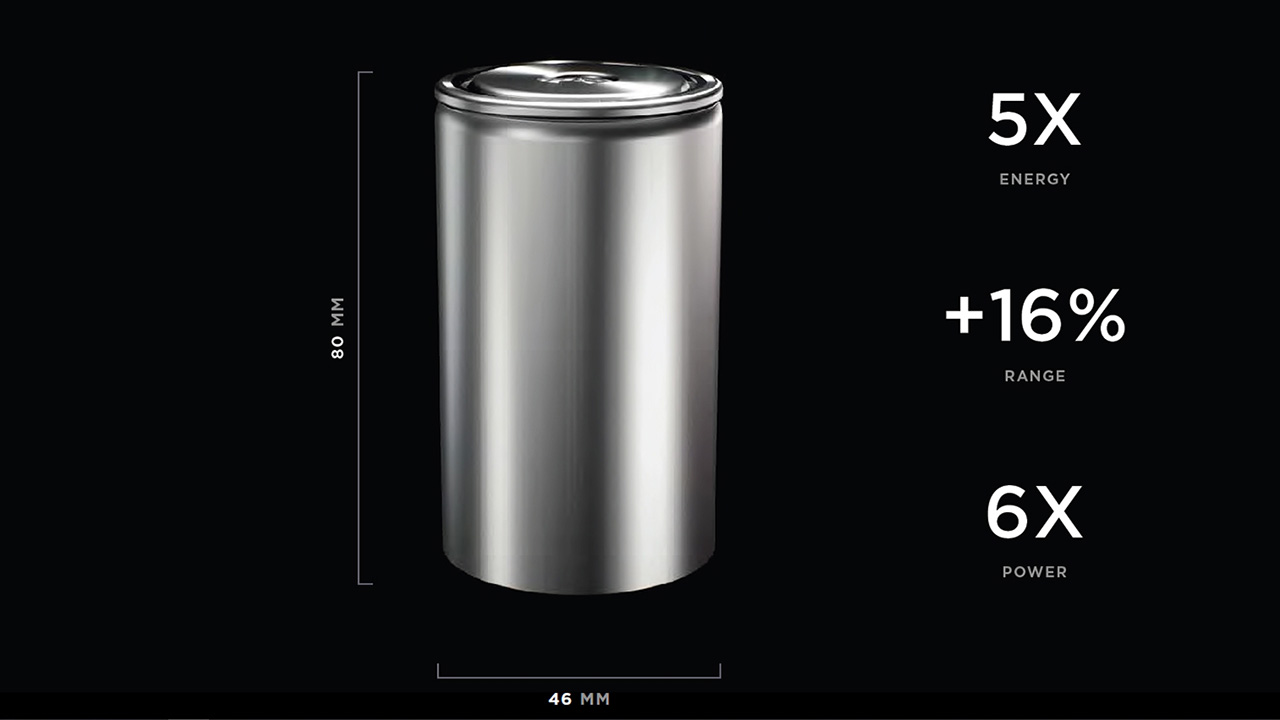A key advancement of the 4680 cell is the use of a dry coating on the cathode, eliminating the wet coating method and enhancing performance. While Tesla has successfully implemented this process on the anode, it has yet to do so on the cathode, meaning the cells haven’t reached their full potential.
Currently, the Tesla Cybertruck is the only model using the new battery cell, with the Model Y from the Texas Gigafactory briefly using them as well.
A report from The Information claims Musk has instructed the 4680 cell team to cut costs and scale production by the end of the year. Additionally, the cells are reportedly prone to collapsing during use, which Musk wants fixed.
Two unnamed sources claim Tesla might abandon efforts to scale production of the 4680 cell if engineers cannot resolve the issues by year’s end.
Tesla announced the new cells in 2020, stating they would be key to building a $25,000 EV for the masses. However, the company did not anticipate the development issues that have arisen.
Reports about mastering the new cells first emerged late last year. Producing batteries at scale generates a lot of heat, potentially melting the glue of the dry coating on the cathode. As of December, Tesla was struggling to ramp up electrode production but aims to have eight lines producing 4680 cells by the end of 2024.
Despite these challenges, a report from China suggests Tesla could start mass-producing the new 4680 cells locally by the end of this year.
Source: The Information

